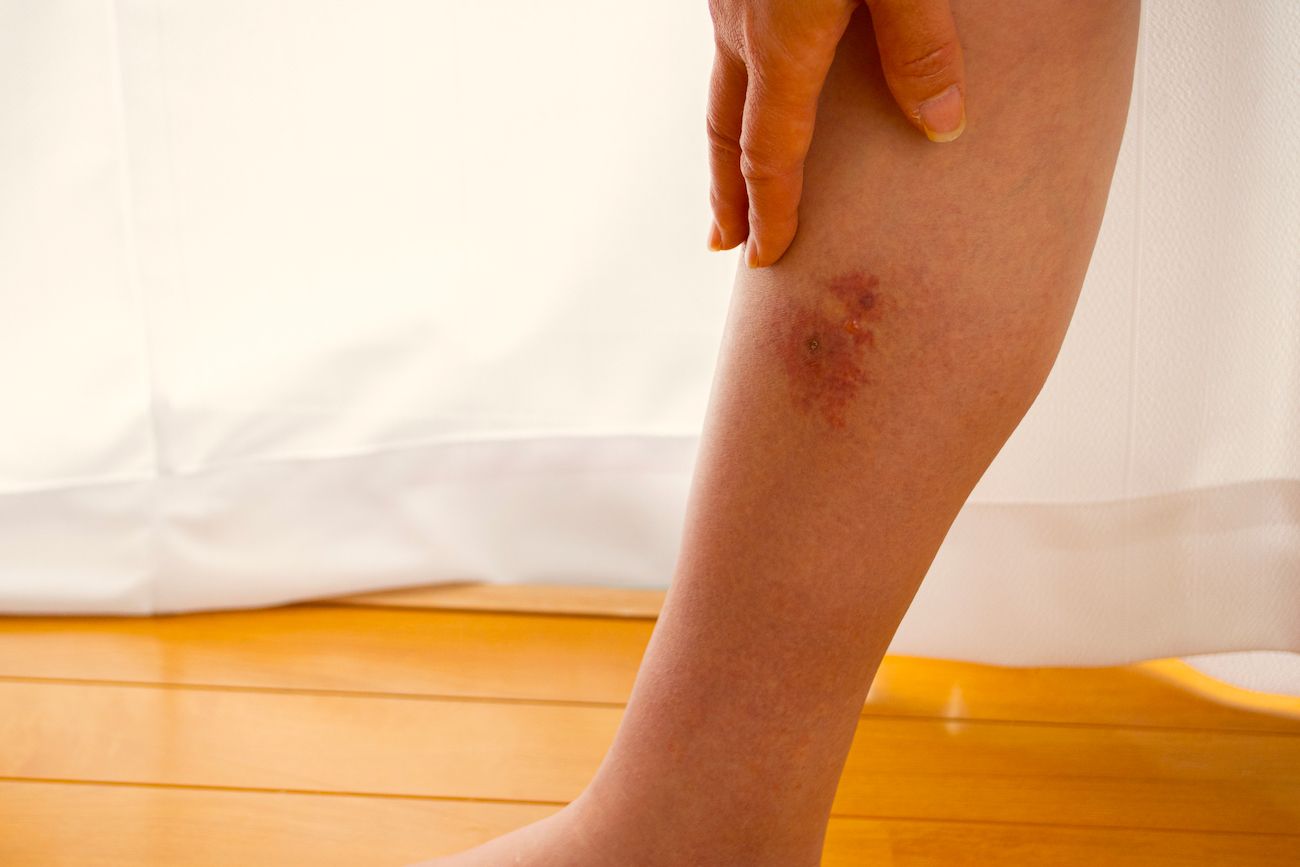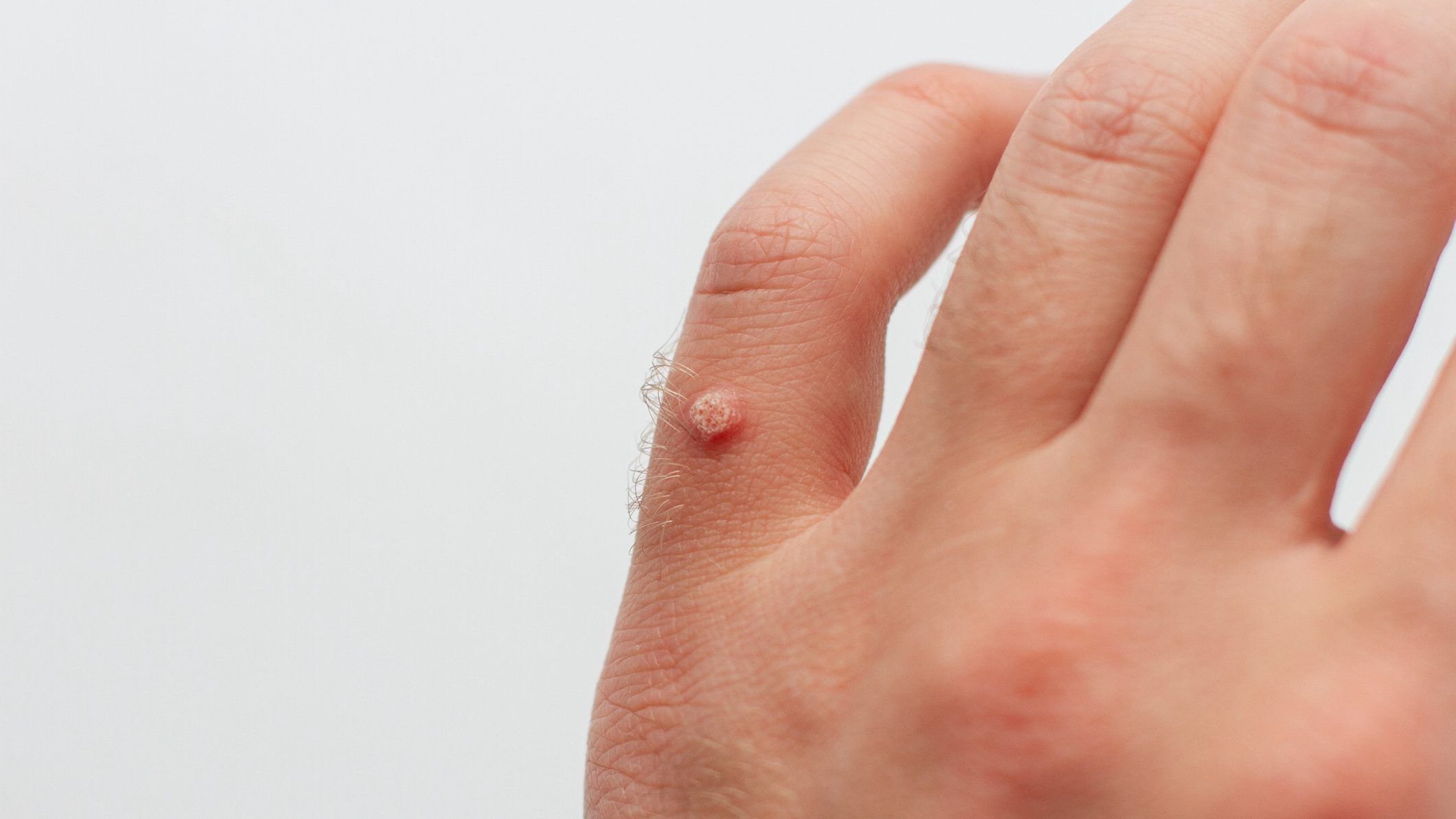what are the signs of psoriasis?
dr. g.: dry, scaly plaques on your elbows, your knees, your scalp — those are the more common places. the colour can vary based on skin colour, so in lighter-pigmented individuals, the skin would look red, while in darker, more pigmented skin, it often looks more violet. [the affected area] is very well demarcated, like you could almost draw a line around it with a pencil. psoriasis can also develop in more sensitive areas, in the groin, on the genitals, under the breasts, in the underarms, and it looks a bit different there because those areas are more moist. they look like little lesions in the body folds. people sometimes think they have a yeast infection, so it’s important to get those hidden areas assessed.
and about half of patients experience itchiness, which a number of studies have shown is the most bothersome symptom. another thing about psoriasis, though, that’s also shown in studies, is the effect on relationships where it causes what we call “touch avoidance.” patients don’t want people touching them or they don’t want to touch other people, even if they know it’s not contagious, they’re just self-conscious. so we want to diagnose it early so that it doesn’t interfere with intimacy or relationships with others.
 5 minute read
5 minute read








